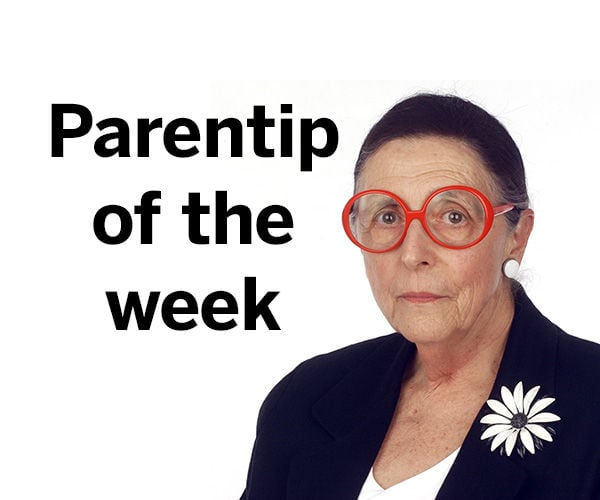“Three children (boy 8, boy 7, girl almost 6) two parents, two dogs. Three problems: the house is noisy. The kids don’t listen. The parents yell louder. Is there any hope for us?”
Cute email. Real problem.
Noisy houses actually are a big problem today. Most homes are filled with inanimate but powered objects that make noise (TV and other screens, toys, beeping appliances, etc.). These machines have another anti-family propensity. They interrupt and distract us.
Both noise and chaos (small children, dogs, yelling parents) increase stress levels in humans (you have to ask your veterinarian about the dogs.) The louder the background noise level, the louder we talk. And the angrier we may get. We use the words “peace” and “quiet” together for a reason.
The combination of noise and stress is unhealthy for a family. But there is hope. Suggest you go from room to room looking for the non-human sources of noise. Turn off or silence or throw out as many as you can. One family I know has “designated quiet hours.” Many families today forbid any gadgets at family meals or “reading hour.”
What do I recommend for parents when the kids don’t listen? I know from my own experience and what parents have told me that yelling never works. It actually makes things worse by raising the noise level.
What does work is changing parental behavior. First of all, if children don’t listen parents have to lower the volume of their voices. Don’t yell or scream. Use what I call a “grownup inside voice”…formal, polite, restrained. Here is a trick: try whispering. Whispering is calming and encourages us to talk slower as well as softer. The children have to strain to hear you so they stop ignoring you and focus on what you are saying.
Whisper power can really work with children. I once saw a mother keep a young child calm on a long plane flight by sitting very close and whispering in his ear. Another mother told me when her child acted up in a public place he would calm down if she took him on her lap and whispered to him. When a child seems embarrassed and reluctant to talk or answer a question suggest a whisper. Ask noisy siblings to see if they can both whisper for five minutes on the timer. When you are correcting a child in public kneel down and whisper, “We don’t use that word in our family.”
In dealing with children, especially young children or children who are upset or misbehaving, soft is better than loud and slow is better than fast.
The second remedial action parents need to take is to use fewer words. Aren’t parents supposed to talk to their babies practically nonstop? Sure, but when children don’t listen, parents need another strategy.
Children tune us out when we keep saying things over and over again. Why?
Because they know you will say it many, many times. They ignore you until they figure your repetition and exasperation levels are high enough to get their attention. There was an old joke about the teenager who was asked to set the table and told her angry mother, “I didn’t hear you the first four times”
There is a better way to get kids to listen to you, to obey you, and to stop “bad” behavior now.
Use my “Effective Command.” You use this strategy when you are dealing with a rule that the child must obey. Get close to the child, start with the child’s name, make a clear, concise statement, use a commanding tone of voice but speak quietly. Omit the word “please”–a command is not a request. Omit any words of warning like “If you do that again…” because hitting is never allowed. Do not give the child a choice—a rule is a rule.
If this strategy works and your child listens and does what is required you’re done and you have avoided lots of wear and tear on your vocal cords. If it didn’t work, use an appropriate consequence.
What about things we say to our children that are not rules? Example: “Grandma is coming to visit tomorrow so please remember she doesn’t hear very well and speak up.” This type of family conversation is best handled by getting the child’s attention first. Go up to the child, Use the child’s name. Say you have something important to say. This is exactly what we do at work. Bonus: it models polite adult behavior for your child.





